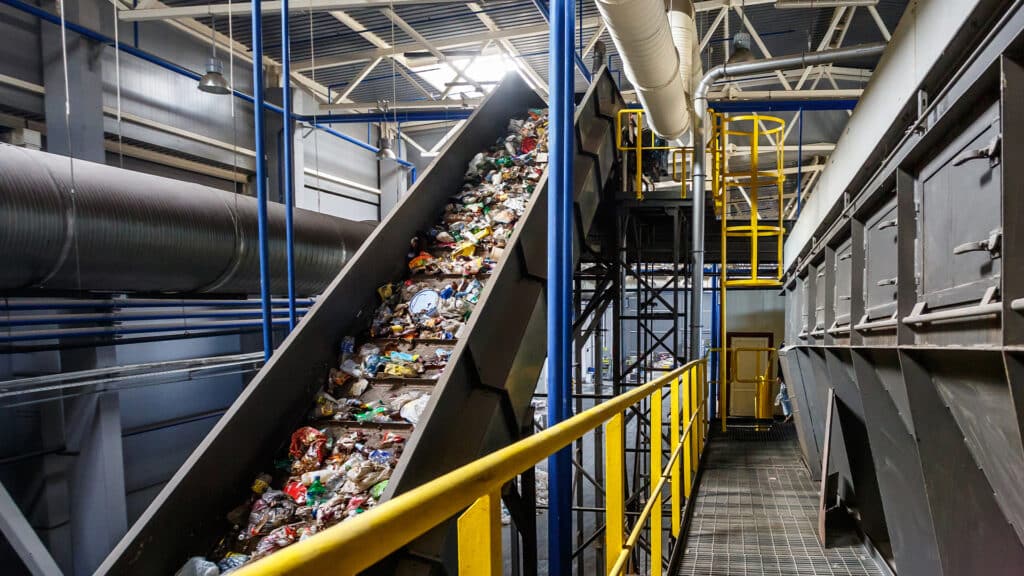Kazakhstan to expand its waste recycling capabilities with new facilities

According to Minister of Ecology and Natural Resources Yerlan Nyssanbayev, 37 new solid domestic waste processing facilities will be built from scratch within the country along with upgrading the existing eight ones.
The project’s cost is estimated at $380 million; $76.1 million of which is expected to be private funds. Once the project is implemented, the volume of recycled waste will increase to 1.5 million tons per year.
In addition, Kazakhstani authorities are going to modernize the two current sortlines for solid waste and build 19 new sorting facilities throughout the country. This project will cost $109 million including $22 million of private investments. It is expected to boost the capacity of sortlines from 1.7 million tons to 4.7 million.
To facilitate the project, the Industrial Development Fund is going to issue loans with a 3% interest rate and a maturity of 3 to 15 years. The fund plans to spend about $444 million for these purposes in the next three years.
«We are offering a 3% interest rate for a term of 3 to 15 years with a payment break for the facility construction period (not exceeding two years). I believe the conditions we offer are quite attractive and I can say that there are plenty of those who want to get these loans. All investors are going to be local,» Nyssanbayev said on the sidelines of the cabinet.
He also said that all the projects have already been discussed with local executive bodies and will be passed to the Industrial Development Fund for consideration soon.
According to local executive bodies, there were around 4.1 million tons of municipal waste in Kazakhstan. The vast majority of this waste is usually buried on disposal sites as only 24% of the waste (1 million tons) is processed in Kazakhstan. Last year, the state monitoring discovered more than 5,500 unauthorized disposal sites in 39 towns.
About 70% of municipal waste consists of useful fractions such as plastics (16%), waste paper (11%) glass (9%) and organic waste (37%). According to the minister, the capacity of recycling facilities for glass, plastics and waste paper is very low.
If these projects are implemented, recycling facilities will be able to produce paving blocks, manhole covers, waste bins, glass products, stretch film and car bumpers.

